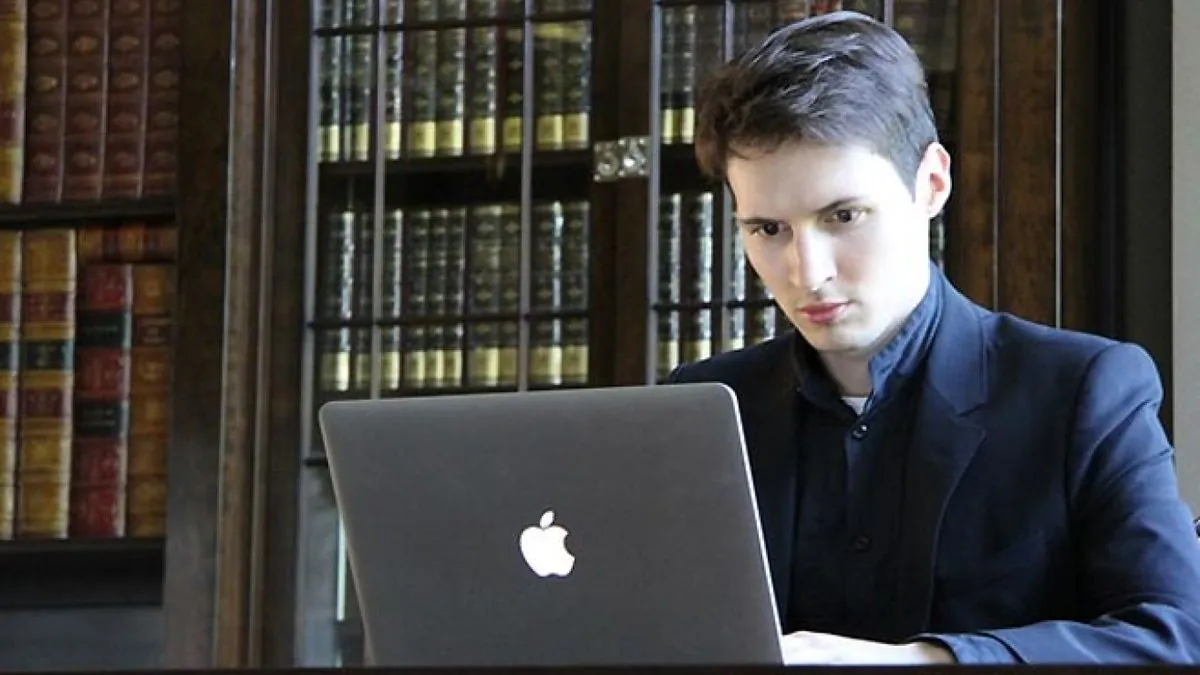Medvedev Criticizes Telegram Founder Durov for Leaving Russia
Former Russian President Dmitry Medvedev claims Pavel Durov, Telegram's founder, erred in leaving Russia. Medvedev suggests Durov can't escape cooperation with security services abroad.

In a recent statement, Dmitry Medvedev, former Russian President and current deputy head of Russia's Security Council, has expressed criticism towards Pavel Durov, the creator of the popular messaging application Telegram. Medvedev asserts that Durov made a miscalculation by departing from Russia and assuming he could avoid collaboration with security agencies in other countries.
Medvedev recounted a conversation he had with Durov several years ago, during which he advised the tech entrepreneur that refusing to cooperate with law enforcement would lead to difficulties regardless of his location. This interaction highlights the complex relationship between tech companies and government agencies, a issue that has become increasingly prominent in recent years.

Telegram, founded by Durov in 2013, has grown to become a significant player in the messaging app market, boasting over 700 million monthly active users as of 2023. The platform is renowned for its strong encryption and privacy features, which have made it popular among users seeking secure communication channels.
Medvedev's comments suggest that Durov aspired to be a "brilliant 'man of the world' who lives wonderfully without a Motherland." However, the former president argues that this approach has backfired. According to Medvedev, Durov is now perceived as "Russian" by "common enemies," and consequently viewed as "unpredictable and dangerous."
It's worth noting that Durov left Russia in 2014 following conflicts with the government. Since then, he has obtained citizenship in Saint Kitts and Nevis, and Telegram's headquarters are now located in Dubai. Despite these moves, Medvedev insists that "one cannot choose one's fatherland," implying that Durov's Russian origins continue to influence perceptions of him and his company.
Telegram has faced its share of controversies, including temporary bans in several countries, including Russia from 2018 to 2020. The app has also been criticized for its potential use by extremist groups, highlighting the challenges faced by platforms that prioritize user privacy and encryption.
"He miscalculated. For all our common enemies now, he is Russian – and therefore unpredictable and dangerous."
Durov's journey as a tech entrepreneur extends beyond Telegram. He also founded VKontakte, Russia's largest social network, further cementing his influence in the digital sphere. With an estimated net worth exceeding $15 billion, Durov has become a prominent figure in the global tech industry.
As Telegram continues to evolve, introducing features such as end-to-end encrypted voice and video calls and a premium subscription model in 2022, the debate surrounding the balance between user privacy and government oversight remains pertinent. Medvedev's remarks serve as a reminder of the ongoing tensions between tech innovators and state authorities, particularly in the realm of secure communications.


































